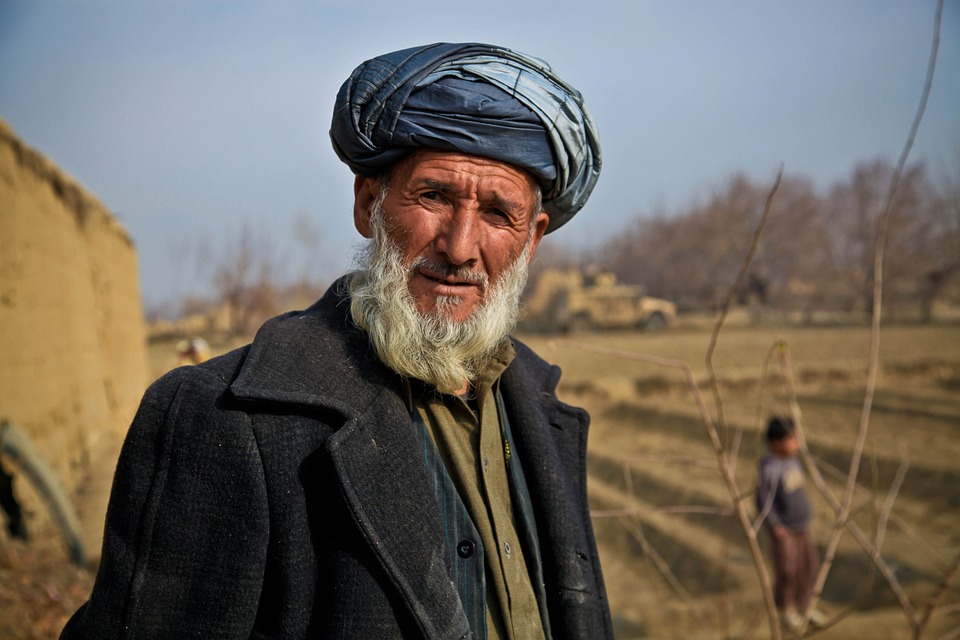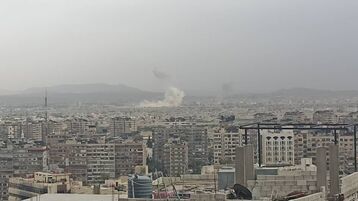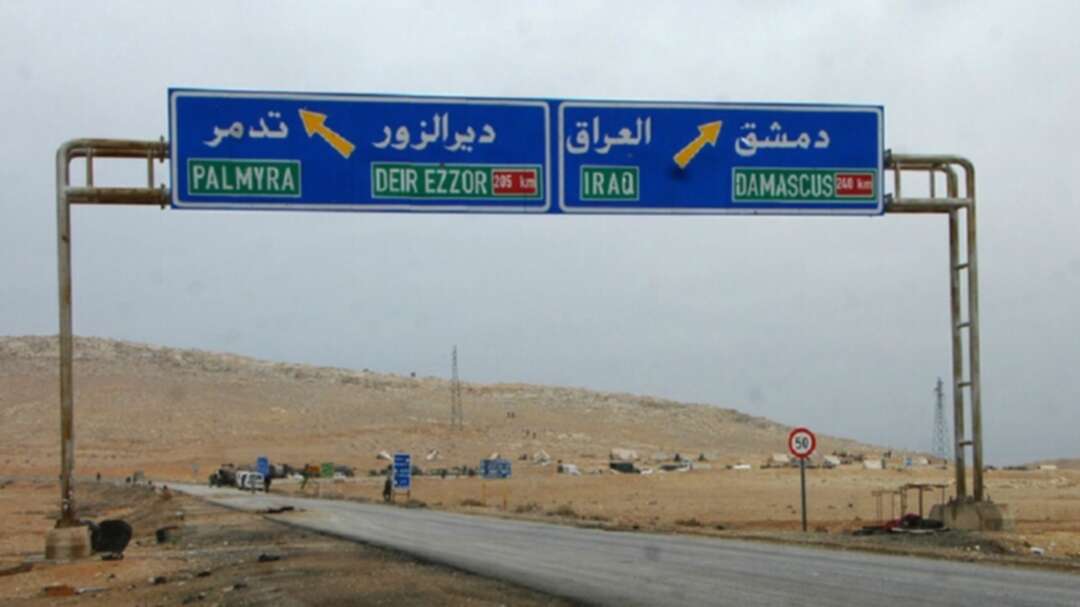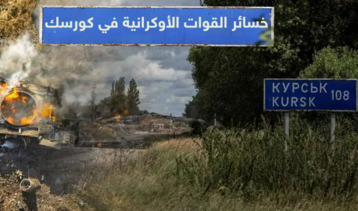-
Taliban bans foreign currencies in Afghanistan

The BBC reported, the Taliban has banned the use of foreign currencies in Afghanistan, a move that could further disrupt an economy on the brink of collapse.
The Taliban said: "The economic situation and national interests in the country require that all Afghans use Afghani currency in their every trade."
According to the BBC, the economy is struggling due to the withdrawal of international financial support after the Taliban took control.
It mentioned that the US dollar has been used widely in Afghanistan's markets.
It added that dollars are also often used for trade in areas bordering Afghanistan's neighbours such as Pakistan.

"The Islamic Emirate instructs all citizens, shopkeepers, traders, businessmen and the general public to henceforth conduct all transactions in Afghanis and strictly refrain from using foreign currency," Taliban spokesman Zabihullah Mujahid said in a statement posted online.
Read more: Islamic State militants claim attack on Afghan military hospital in Kabul
"Anyone violating this order will face legal action," the statement said.
Assets frozen, funds stopped
The BBC said that after the Taliban seized control of the country in August, billions of dollars of Afghanistan's overseas assets were frozen by the US Federal Reserve and central banks in Europe.
"We believe that it's essential that we maintain our sanctions against the Taliban but at the same time find ways for legitimate humanitarian assistance to get to the Afghan people. That's exactly what we're doing," Deputy United States Treasury Secretary Wally Adeyemo told the US Senate Banking Committee last month.
The Taliban has called for the release of Afghanistan's assets that are being held overseas as the nation faces a severe cash crunch.
Afghanistan has also been hit by the exodus of foreign aid. Grants from overseas previously financed three quarters of its public spending.
Earlier this year, the International Monetary Fund (IMF) said Afghanistan will no longer be able to access its resources, while the World Bank also halted funding for projects in the country.
Read more: UK’s longest lasting snow patch disappears for ‘eighth time in 300 years’
Last month, the IMF warned that the country's economy could shrink by 30% this year, pushing millions into poverty and causing a humanitarian crisis.
The fund also said that Afghanistan's economic woes could fuel a refugee crisis impacting neighbouring countries, Turkey and Europe.
The country is also suffering from a severe drought, which has ruined much of its wheat crop and sent prices soaring.
The United Nations World Food Programme has warned that millions of Afghans could face starvation due to a combination of the drought, conflict and Covid-19.
However, although Western powers have said that they want to avoid a humanitarian disaster in Afghanistan, they have refused to officially recognise the Taliban government.
line
Source: BBC
You May Also Like
Popular Posts
Caricature
BENEFIT Sponsors BuildHer...
- April 23, 2025
BENEFIT, the Kingdom’s innovator and leading company in Fintech and electronic financial transactions service, has sponsored the BuildHer CityHack 2025 Hackathon, a two-day event spearheaded by the College of Engineering and Technology at the Royal University for Women (RUW).
Aimed at secondary school students, the event brought together a distinguished group of academic professionals and technology experts to mentor and inspire young participants.
More than 100 high school students from across the Kingdom of Bahrain took part in the hackathon, which featured an intensive programme of training workshops and hands-on sessions. These activities were tailored to enhance participants’ critical thinking, collaborative problem-solving, and team-building capabilities, while also encouraging the development of practical and sustainable solutions to contemporary challenges using modern technological tools.
BENEFIT’s Chief Executive Mr. Abdulwahed AlJanahi, commented: “Our support for this educational hackathon reflects our long-term strategic vision to nurture the talents of emerging national youth and empower the next generation of accomplished female leaders in technology. By fostering creativity and innovation, we aim to contribute meaningfully to Bahrain’s comprehensive development goals and align with the aspirations outlined in the Kingdom’s Vision 2030—an ambition in which BENEFIT plays a central role.”
Professor Riyadh Yousif Hamzah, President of the Royal University for Women, commented: “This initiative reflects our commitment to advancing women in STEM fields. We're cultivating a generation of creative, solution-driven female leaders who will drive national development. Our partnership with BENEFIT exemplifies the powerful synergy between academia and private sector in supporting educational innovation.”
Hanan Abdulla Hasan, Senior Manager, PR & Communication at BENEFIT, said: “We are honoured to collaborate with RUW in supporting this remarkable technology-focused event. It highlights our commitment to social responsibility, and our ongoing efforts to enhance the digital and innovation capabilities of young Bahraini women and foster their ability to harness technological tools in the service of a smarter, more sustainable future.”
For his part, Dr. Humam ElAgha, Acting Dean of the College of Engineering and Technology at the University, said: “BuildHer CityHack 2025 embodies our hands-on approach to education. By tackling real-world problems through creative thinking and sustainable solutions, we're preparing women to thrive in the knowledge economy – a cornerstone of the University's vision.”
opinion
Report
ads
Newsletter
Subscribe to our mailing list to get the new updates!





















